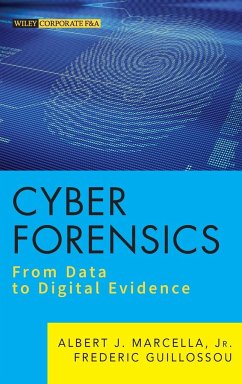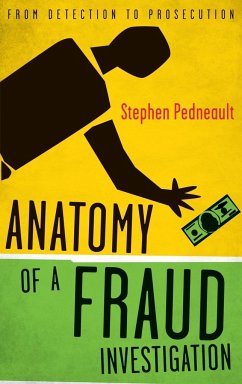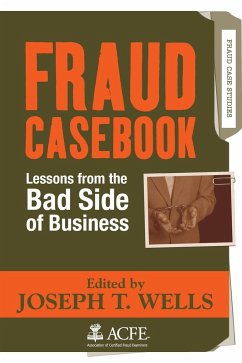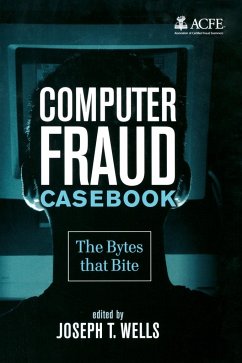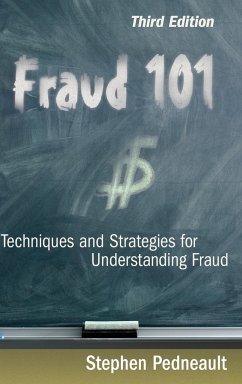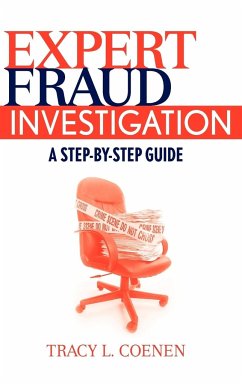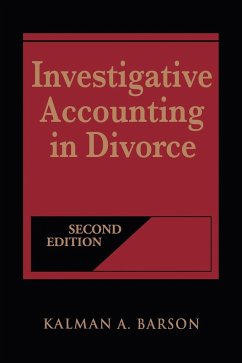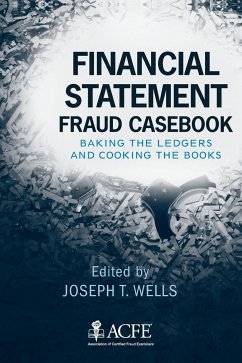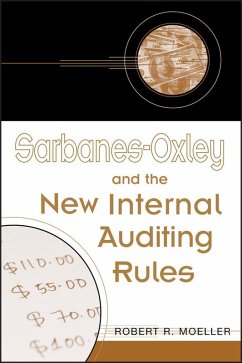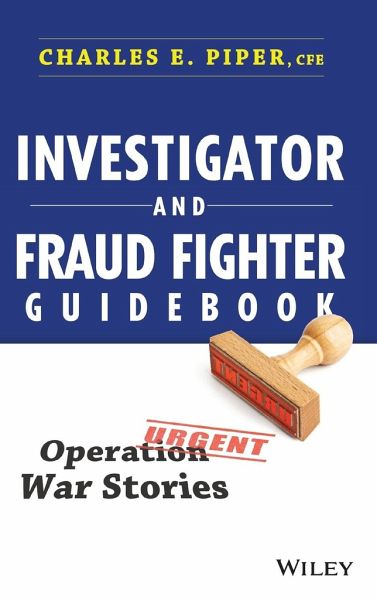
Investigator and Fraud Fighter Guidebook
Versandkostenfrei!
Versandfertig in über 4 Wochen
38,99 €
inkl. MwSt.
Weitere Ausgaben:

PAYBACK Punkte
19 °P sammeln!
Conducting an effective fraud investigation is an invaluable, in-demand skill that is useful across a wide range of industries. In Investigator and Fraud Fighter Guidebook: Operation War Stories, Retired Special Agent Charles E. Piper takes readers on a journey to becoming a successful investigator through engaging storytelling and proven investigative techniques. Based on 35 years of experience in law enforcement and criminal investigations, Piper frames his methodologies using a collection of "war stories" that detail on-the-job successes and failures ranging from serious to sarcastic to dow...
Conducting an effective fraud investigation is an invaluable, in-demand skill that is useful across a wide range of industries. In Investigator and Fraud Fighter Guidebook: Operation War Stories, Retired Special Agent Charles E. Piper takes readers on a journey to becoming a successful investigator through engaging storytelling and proven investigative techniques. Based on 35 years of experience in law enforcement and criminal investigations, Piper frames his methodologies using a collection of "war stories" that detail on-the-job successes and failures ranging from serious to sarcastic to downright humorous. The Investigator and Fraud Fighter Guidebook provides current and future investigators, auditors, and fraud fighters with an insider's view of the profession from an award-winning investigator who lived it himself. Learning from the experiences of others, Piper says, is the best way to approach a new skill. The book's pages are wrought with professional insight gained from decades of experience that includes the author's work as a Federal Special Agent focusing on fraud investigations, a city police officer responding to dangerous felony offenses, a U.S. Army investigator, a supervisory detective and as a private investigator. His war stories bring to life his detailed descriptions of investigative practices, methodologies, techniques, and approaches and help readers see practical applications of these skills in the real world. Piper's goal is to help new and veteran investigators expand their entire investigative efforts through smart techniques and to carry those skills with them as they move forward in their careers. His "Piper Method" for conducting investigations teaches investigators how to solve more cases than ever before, even when fewer resources are available. Covering a wide range of investigations, from criminal to civil to everything in between, the Investigator and Fraud Fighter Guidebook is the perfect reference guide for investigators and fraud fighters across the globe to help them learn to conduct more thorough and complete investigations in every functional area and industry.





